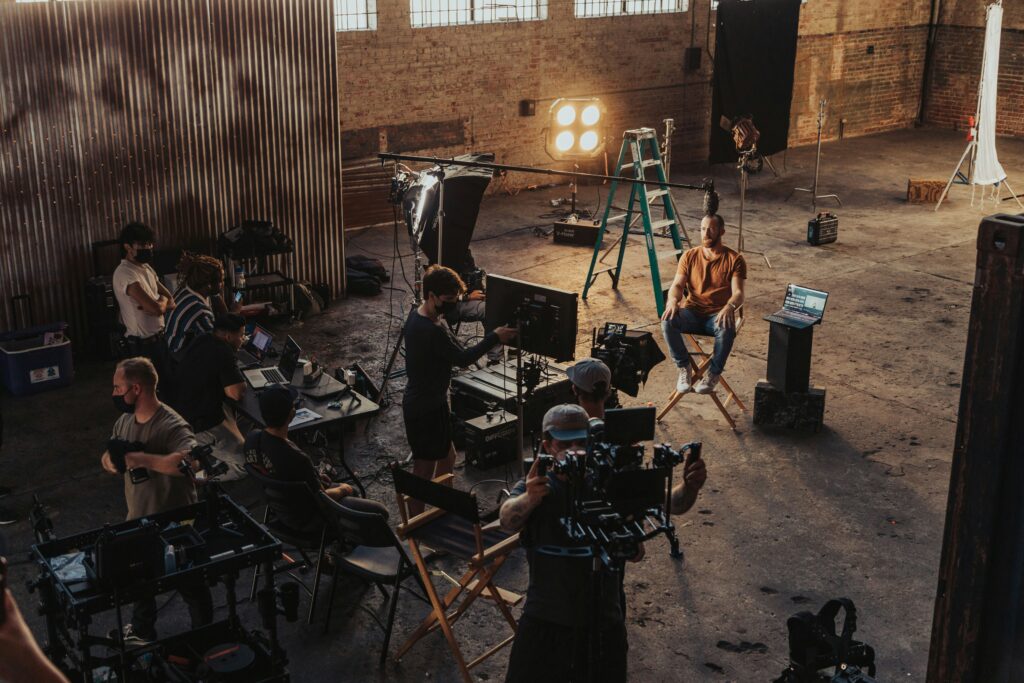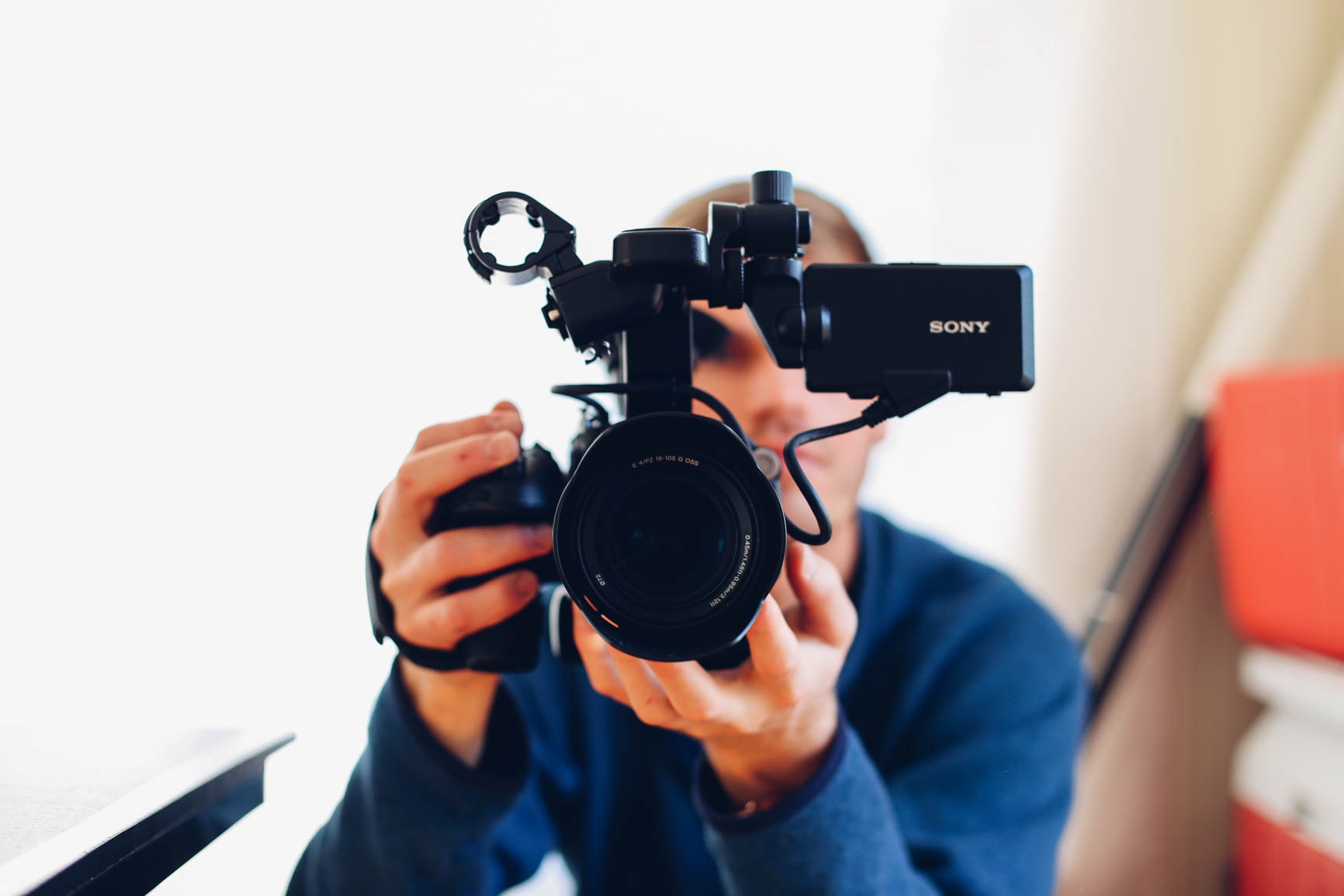Tanya Hendy: Navigating filmmakers through the complicated (but possible!) music licensing process


Tanya Hendy is a filmmaker who approached Arts Law for advice about including an excerpt of an instrumental version of a very well-known 80’s pop song in her film.
Arts Law provided general advice about copyright in music and that filmmakers need to be aware that in a song there exists a separate copyright in the composition, in the lyrics and in any specific sound recordings of that song. Filmmakers need to seek permission to use each of these in a film (known as a synchronisation licence). Even the use of short excerpts of a song in a film may require permission if it amounts to a ‘substantial part’ (which may be considered a distinctive, important or essential part). In fact, just a few notes of music have been found by Australian courts to be a substantial part.
So, who do you get permission from? Typically, a well-known artist or band will have a publisher and record label who controls the rights to their music. It is not always a given that a publisher will agree to grant a synchronisation licence.
Ultimately, Tanya decided she did not want to use a specific sound recording of the song, but rather commission her own instrumental version of the music only. She obtained this permission from the major publisher of the song. Arts Law was thrilled to hear that the publisher did not refuse the client’s request and promptly sent the client a licence setting out the fee for use of the music. Under Tanya’s Arts Law subscription, we arranged for the licence to be reviewed by a volunteer lawyer on Arts Law’s pro bono panel, Moira McKenzie of Sanicki Lawyers. Before Tanya signed the dotted line, the lawyer went through the licence and flagged what she needed to be aware of.
This case illustrates that it is often a cheaper and faster option for filmmakers to get permission to create their own sound recording, rather than use an existing sound recording (as you then only need the copyright permission for the music). Further, by commissioning a musician to make a recording of the song, a filmmaker may have more control over the use of the new sound recording.
Tanya was pleased with Arts Law’s assistance in navigating the music licensing process and emphasised how helpful it was. As Tanya said: 'I was very happy with the service provided by ArtsLaw. They provided me with legal advice that allowed me to understand music rights and alleviate my anxiety around entering into a contract. In addition to this, I was provided with excellent practical advice that allowed me to take my next steps and source an instrumental.'
Tanya is currently distributing her film to film festivals and is confident in the knowledge she has addressed the music licensing requirements.
Further resources you might find useful:




